Today’s post is inspired by a question from a young goalie who is currently where many of us goalies have been.
Swimming in a sea of blame after a close loss. Oh, if only we could have made a few more saves our inner monologue goes.
Here’s the question –
Coach Damon, I just experienced a tough 10-9 loss against my school’s rivals, and even though I played a solid game in net, I keep feeling like this loss is my fault. As a goalie I feel as if my team wins a game my team is praised, if we lose a game I’m ostracized. Many of my peers who play goalie and goalie coaches of mine have not given me a clear answer or strong advice. Do you have any advice on how to break this mentality? – MS
The classic problem of win as a team, lose a goalie!
When you signup to be a lacrosse goalie, you’re signing up for one of the hardest positions in sports. It is a position that comes with great reward but also with great criticism. The nature of the position is such that pressure is extremely high for 9 year old goalies and for goalies starting in the MLL.
Here’s are 5 tips on how to deal with feeling like every loss is your fault.
All the best lacrosse goalies have thick skin. That is, they do not let criticism from the uneducated fans, teammates, media members get to them.
If you are thick skinned you do not notice or get upset when people criticize you.
You instead stick to your approach to practice and games to prepare yourself to be the best goalie you can. To keep moving forward on this journey to becoming an elite lacrosse goalie.
Constructive criticism from your coach is a totally different element. I’m referring to those who want to get in your head and have no idea what it takes to be a lacrosse goalie.
If its your coach who’s ostracizing you in front of the team, that’s poor coaching. I understand that some coaches get very emotional when they’re coaching but good coaches don’t call goalies out in front of the team. What is the goalie supposed to learn by being ostracized in front of the team?
This position is hard enough as is and to destroy a goalie’s psyche like that is piss poor in my opinion.
Simply put, we should NEVER blame a teammate for a mistake even if he/she was the one responsible for the goal.
Put it all on your own shoulders and don’t blame anyone else or make excuses. Extreme ownership.
The best lacrosse goalies are accountable and yet at the same able to learn and let go.
When you lose a game 10-9, think through the goals allowed, what did you learn from that goal? Why did it go in?
Make a note, learn from it, and then mentally move on and forget about that particular goal.
So when some fans, parents, or teammates start giving you grief about letting in a goal, you can confidently respond: Don’t worry, I got it next time.
Goalies are not helping themselves by blaming others or getting defensive with excuses.
No team is going to be successful when they’re constantly pointing fingers at others trying to assign blame. This creates a horrible team atmosphere.
Good leaders do not blame but rather accept their responsibility and preach teamwork.
This sense of ownerships was a skill I honed why playing goalie and its something that has benefitted my life amazingly and that I continue to practice to this day in my day job as a web designer and developer.
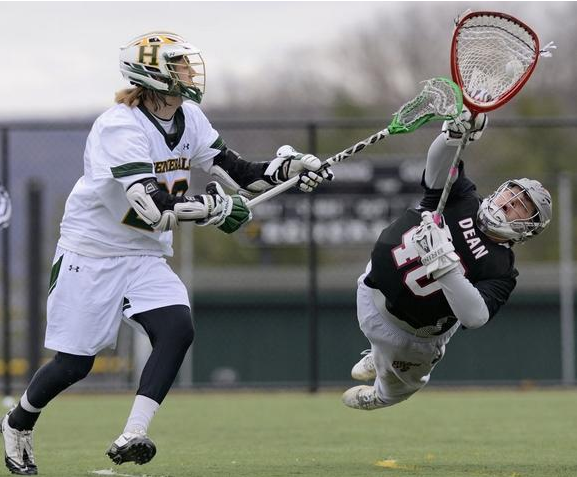
The lacrosse goalie is in the spotlight but the reality is you’re still just one of 10 guys on the field.
I think that goalies often will get too much credit during the team’s victories/good times and take too much of the grief during losses.
When your game is on point and you’re saving everything its important not to get too high. Just as its equally important not to get too low when you can’t get a stick on anything.
So my advice is to remain emotionally balanced. Be humble when you’re playing well and when the eventual rough patch comes, don’t get too negative. Just believe in yourself and know you can turn things around.
Also be sure to read this great post on lacrosse goalie consistency.
The best goalies I know take the criticism or the feeling of shame and guilt after a loss and turn it into motivation to become a better lacrosse goalie.
They do not run away from criticism but instead embrace it and use it as motivational inspiration.
I would encourage you to remember this feeling after your 10-9 loss. Start a lacrosse goalie journal if you don’t already have one and literally write it down so you can easily recall how you felt.
Use this feeling as fuel for your lacrosse goalie development.
Every time you don’t want to train. Every time you don’t want to take shots. Every time you feel like giving up.
Remember how crappy you felt in those bad moments and put in the extra effort to become a great lacrosse goalie.

Winning and losing are a part of lacrosse, they’re a part of any sports.
The team’s wins and losses are extremely important, yes. However try not to place your entire self worth as a goalie on the outcome of a single game.
To your own admission, you even stated you played well in the loss.
If your not tracking your goalie performance with advanced metrics, I suggest you take a look at that. It will help you understand your level of play a little deeper.
In your lacrosse career, you’ll have games where you play amazing and the team loses. Games where you play horrible and the team wins. Games where you play great and the team wins. And games where nobody knows what they’re doing.
Every type of game will happen so understand that and don’t let a bad game break you mentally.
Am I saying that when you play well and the team loses you should be happy? No!
But lacrosse is a team game. It’s the lacrosse goalie’s job to bail his team out when they do not play well, and the team’s job to bail out the goalie when he can’t make a save that day.
Hopefully this post makes you realize that there are many things lacrosse goalies will have to accept when they sign up for this job.
Being a goaltender means lots of responsibility, a lot of pressure, and the need for a “tough skin”.
In takes a lot of psychological training to alter your mentality. I’m not suggesting that after reading this post you’ll instantly be transformed into a mental warrior.
But by remembering the points I raise and practicing them religiously you slowly adjust your reaction and emotional state to both good outcomes and bad outcomes such that when you’re playing well you remain humble and when you’re in a rough patch, you believe in yourself to turn things around.
It’s a difficult task no doubt but those who join the elite fraternity of lacrosse goalies and thoroughly practice their craft emerge as leaders of their team and leaders in life.
Hope that answered your question. Please leave a comment below if anything is still unclear.
Until next time! Coach Damon
Anyone reading have any examples of overcoming defeat on the lacrosse field? Would love to hear about it. Leave me a comment down below.








 14 Amazing Lacrosse Goalie DrillsAug. 1, 2024
14 Amazing Lacrosse Goalie DrillsAug. 1, 2024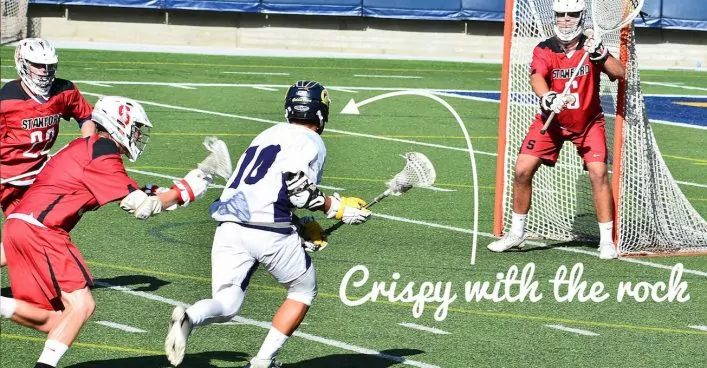 Quick Guide To Lacrosse Slang TermsApril 14, 2025
Quick Guide To Lacrosse Slang TermsApril 14, 2025 Lacrosse Goalies Rules To KnowJune 28, 2022
Lacrosse Goalies Rules To KnowJune 28, 2022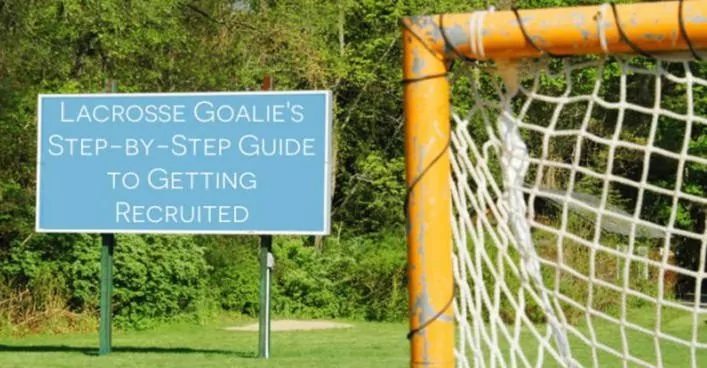 Lacrosse Goalie Step-by-Step Guide to Getting RecruitedFebruary 6, 2022
Lacrosse Goalie Step-by-Step Guide to Getting RecruitedFebruary 6, 2022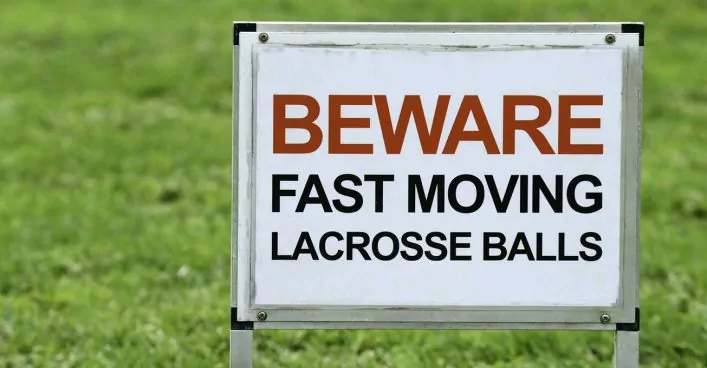 18 Lacrosse Goalie Drills to Improve Your GameApril 24, 2025
18 Lacrosse Goalie Drills to Improve Your GameApril 24, 2025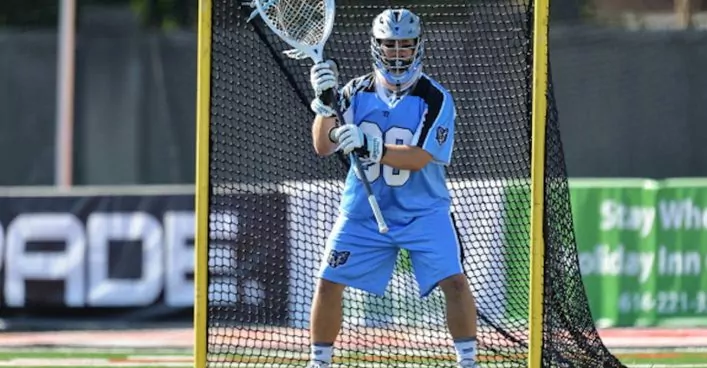 7 Elements of a Great Lacrosse Goalie StanceAug. 1, 2020
7 Elements of a Great Lacrosse Goalie StanceAug. 1, 2020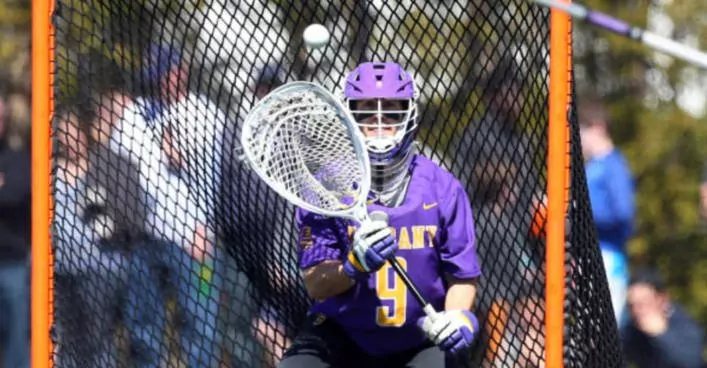 12 Lacrosse Goalie Tips To Take Your Game to the Next LevelSeptember 10, 2024
12 Lacrosse Goalie Tips To Take Your Game to the Next LevelSeptember 10, 2024 STX Eclipse 3 Goalie Head ReviewApril 24, 2025
STX Eclipse 3 Goalie Head ReviewApril 24, 2025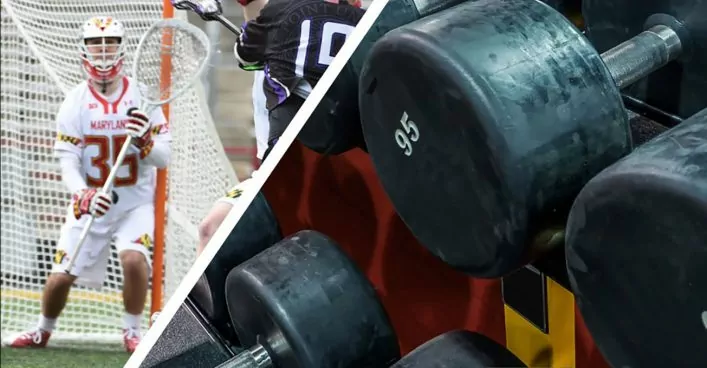 Lacrosse Goalie WorkoutAug. 12, 2019
Lacrosse Goalie WorkoutAug. 12, 2019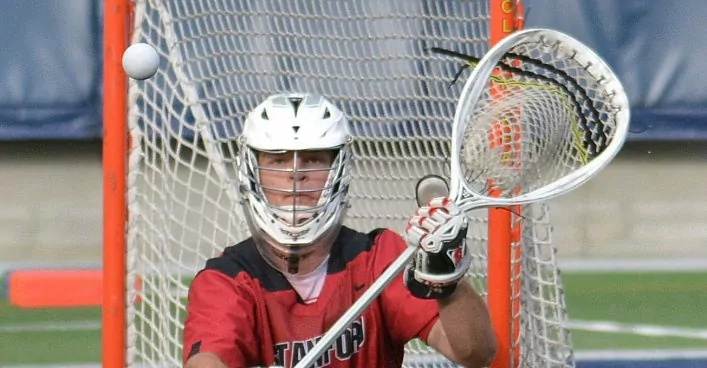 The Basics of Making a SaveJune 29, 2021
The Basics of Making a SaveJune 29, 2021


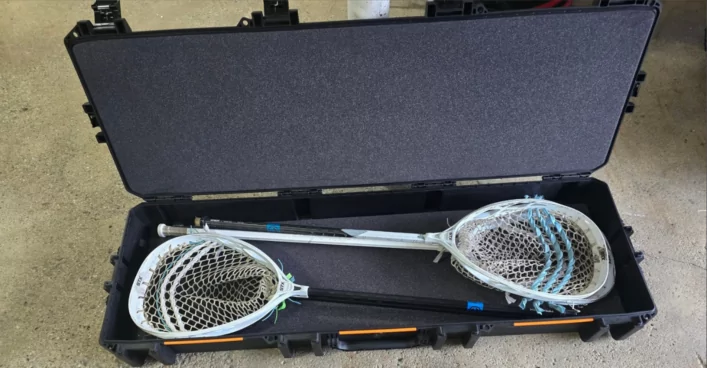

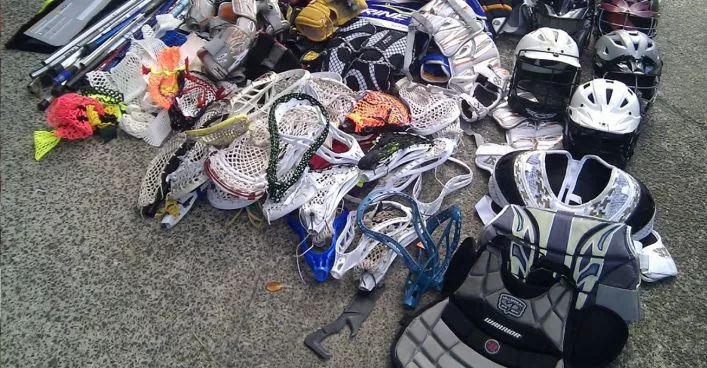

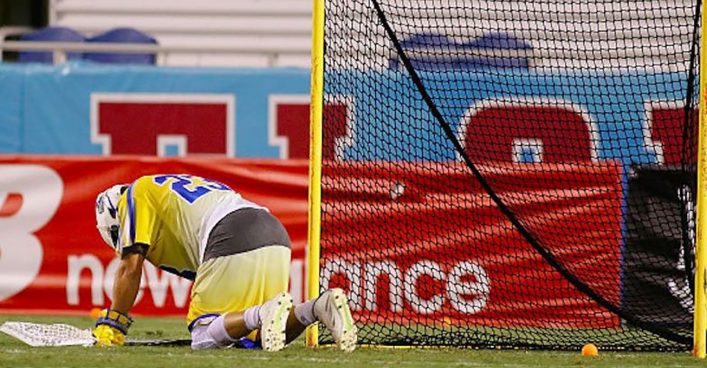
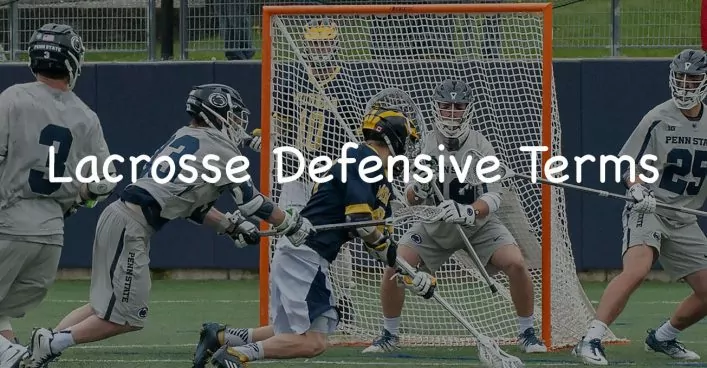
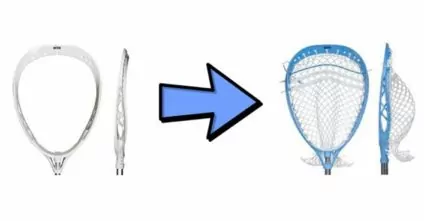







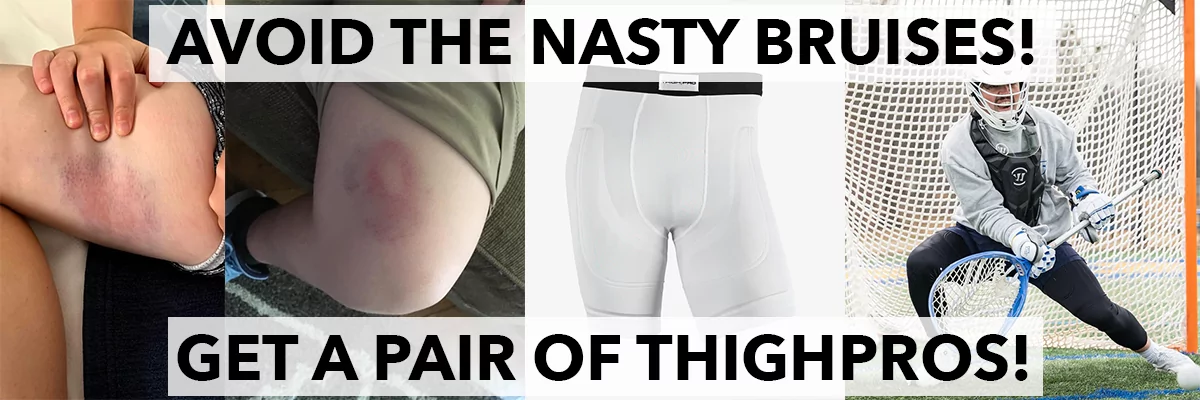

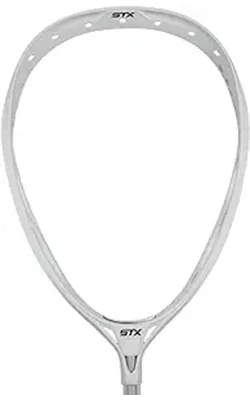

















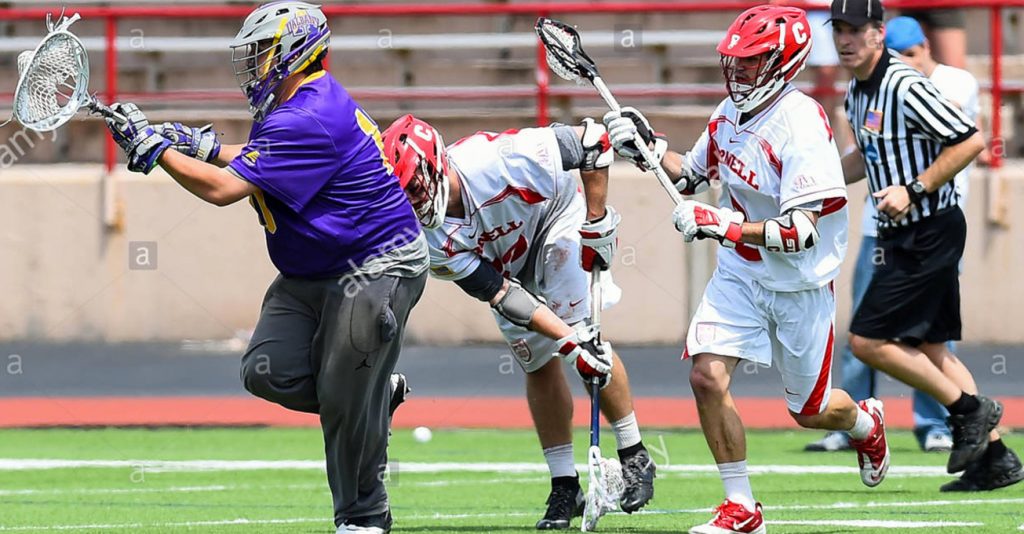
![Lacrosse Goalie Stance [INFOGRAPHIC]](/wp-content/uploads/2016/03/Lacrosse-Goalie-Stance-1.jpg)













Thins is very helpful and something I will keep in mind for many years to come.
Awesome thanks Liam!